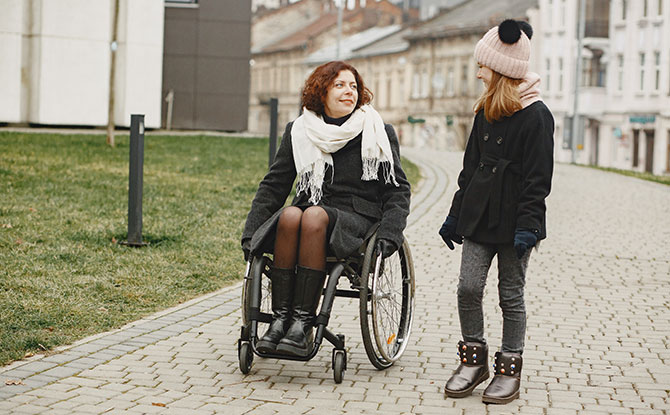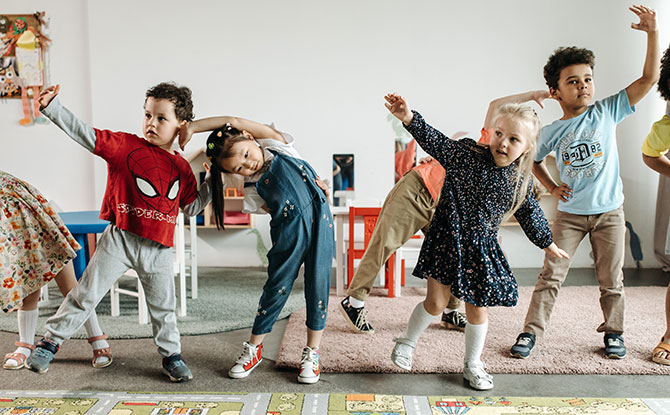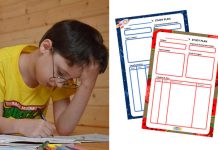
Have you ever felt like hiding your head in the ground when your child points out something different about another person? Yes, it is naturally embarrassing when our children’s loud exclamations can seem insensitive and rude. Hence, here are some tips on what to do when kids, see, notice and point out differences in others.
Kids, being kids, often have no filter as their thoughts travel from their brain to their mouth. That should be expected, so don’t feel too mortified as your child stares, screams, exclaims at someone. This is a great teaching moment.
What To Do When Kids See, Notice And Point Out Differences In Others
1. Stay calm and take them physically away from the situation
In your calmest voice, hold their hand and shoulder and lead them physically away from the situation. Then, tell your child to lower his or her volume, refrain from pointing or exclaiming or whispering.
2. Apologise for the insensitive remark
If it was a remark that could be deemed rude or insensitive, do apologise to the person. Or else, give a friendly nod and smile to acknowledge the impropriety of the behaviour.
GIVEAWAY: Stand to Win Family Tickets to ZOOOM by Patch Theatre Worth $200
3 Recycling Adventures: Fun Ideas For Kids & Families
1:1 & Small Group English Lessons: How to Get Personalised, English Help
3. Teach them about how everyone is unique
Moments like this are ideal learning moments for both adult and child. We can talk about how everyone is unique. Whether it’s skin colour, facial features, height or weight, we all look different. If there are other differences related to health issues, we can also mention health issues that result in being wheel-chair bound, or with physically visible ailments or other uncontrollable types of behaviour.
We can also read to them and use books that are about differences.
4. Teach them to use words carefully
To encourage tact, parents and caregivers should remind their little ones to use their words carefully. Some questions you can ask your child are “How would you feel if someone says the same words to you?” “Do you think your words are helpful?”
Some words hurt, by reminding them to think before they speak can encourage them to use more tact in future.
5. Acknowledge their observation skills and encourage empathy
As our children notice differences, their observation skills should be affirmed and this can be used well. By observing how others are different, they can learn to empathise and perhaps even think of ways to help. We can encourage them to think of how to help others through seeing the differences.
6. Practice the “script” in future encounters
Parents can also practise using a script with their child and role-play.
“Let’s pretend we are seeing a lady who faces problems walking”. What should we do or say?”
“If you see a little boy who is wearing a funny looking hat, what do you think he would want you to notice?”
Turn Moments Of Awkwardness to Moments to Care

Moments when our children fumble and cause us to feel embarrassed are moments to teach and we can turn these teaching moments to opportunities to care. By first noticing differences can we then take the next step to empathise and to help.
















